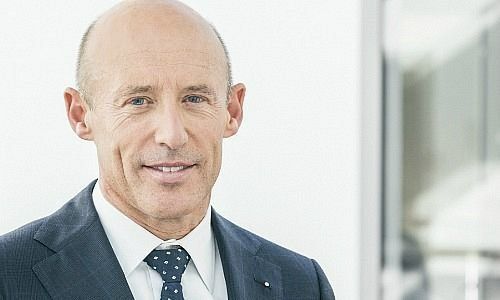Raiffeisen boss Patrik Gisel is struggling with the fallout from his successor, imprisoned former Swiss banking star Pierin Vincenz. He still defends his erstwhile mentor.
Patrik Gisel toiled for more than a decade as the number two at Raiffeisen – under Pierin Vincenz, who has been remanded in custody in a Swiss jail since early March amid an investigation into alleged secret side deals during his tenure at the bank. Gisel was directly involved in some of the deals being investigated, including the purchase of private equity firm Investnet, but has maintained that he knew nothing of irregularities around the transactions.
Now, the Raiffeisen CEO defends himself against the proximity to his erstwhile mentor Vincenz. «I became a lightning rod for many people in the initial excitement,» Gisel tells «NZZ am Sonntag» (in German, behind paywall). «I have to put my head down and get through this.»
Acquisitions Not Misguided
The 55-year-old banker, who finews.com predicted was in thin ice in his job, said he is willing to stay as Raiffeisen boss, in part because he has received substantial support within the bank. «It's not my nature to walk away from difficult situations.»
Despite the bank's recent disposal of private bank Notenstein, the purchase of the private bank in 2012 during a spending spree under Vincenz wasn't a mistake, Gisel emphasizes: «The unbundling strategy has nothing to do with the Vincenz case.»
Instead, Gisel credits shifts in the industry with the change in course: Notenstein has to fulfill far stricter capital requirements, and benchmarks for conflicts of interest have also been raised. Raiffeisen sold Notenstein La Roche, which it salvaged out of the ashes of collapsed Swiss private bank Wegelin six years ago, for 700 million Swiss francs ($706 million).


































